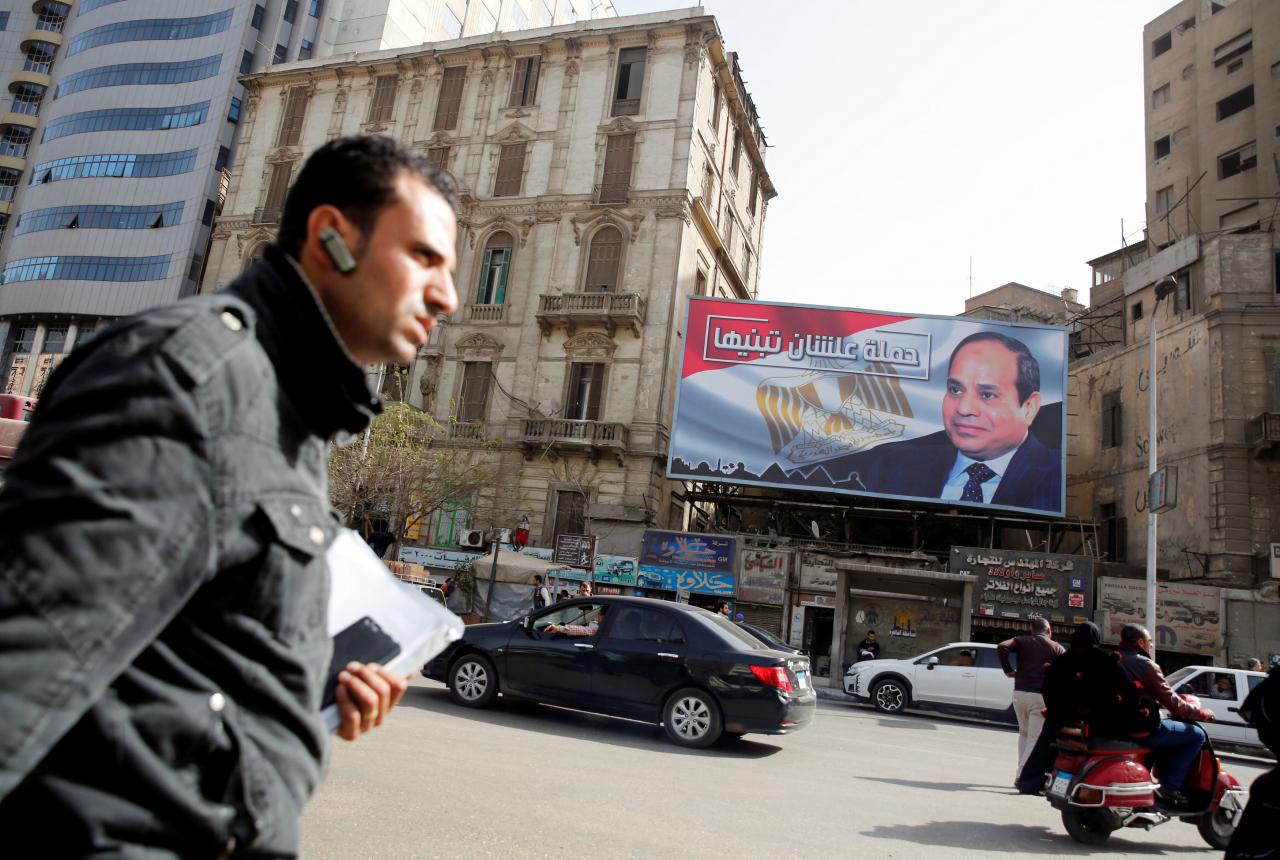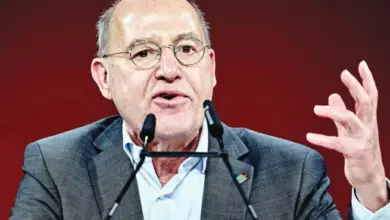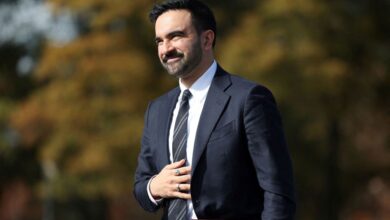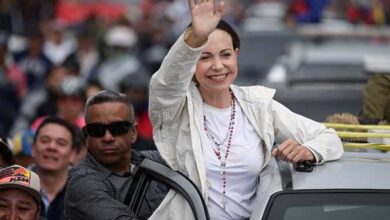
As Egypt’s political sphere is occupied with discussions regarding the forthcoming presidential election, which will see Egyptians heading to the polls later in March to choose between Egypt’s current President Abdel Fattah al-Sisi and his sole competitor Moussa Mostafa Moussa, leader of the centrist pro-government Ghad Party, Egypt Independent took to the streets and surveyed a number of Egyptians to get a foretaste of whether they’ll be participating in the election, and who they’ll be rooting for.
Presidential hopeful Moussa, a Sisi supporter himself, submitted his candidacy documents to the National Elections Authority (NEA) 15 minutes before the deadline, after every other presidential hopeful, with the exception of Sisi, had either withdrawn from the race or was forcibly pushed out by authorities.
But Sayed, a 28-year-old car mechanic says “I’ve never heard about him.”
“He suddenly appeared into the sphere. We all know he is nothing but a symbol to make the elections seem like it’s a legitimate one. It’s all an illusion,” Sayed told Egypt Independent on Monday.
Sayed said that he won’t be heading to the polls, explaining that he wants a low voting turnout to indicate to the world that Egyptians won’t partake in “sham” elections.
“Why should we bother voting when we already know the results?” Sayed added.
A number of Egyptian political figures issued a statement on January 30 condemning the upcoming presidential election, saying that it had lost its legitimacy in the wake of recent repressive practices imposed by the government. The statement called for a cancellation of the presidential election altogether, to stop the work of the NEA, and to dissolve its board.
It also called on people to boycott the election and not to recognize its outcome.
However, in a Saturday interview with the ‘Masaa’ program on the DMC channel, Moussa said that if he is elected president, he will “put those who called for boycotting elections on trial” for “high treason.”
Meanwhile, Nada Hosny, a 47-year old accountant at an oil and gas company spoke to Egypt Independent, saying that “the word election makes me laugh.”
“Moussa was merely brought by the state because it would have been an embarrassment to have a one-man election,” Hosny said, adding that she’s certain Sisi will get a second presidential term.
“The government had to bring someone who poses no threat, as a fake challenger,” Hosny added.
However, Moussa claimed that his support for Sisi does not contradict his candidacy, affirming that he is determined to genuinely compete against Sisi in the election.
Other candidates had declared their intention to run in the 2018 election, but soon withdrew from the race. They include rights lawyer Khaled Ali, MP and Zamalek Sporting Club Chairman Mortada Mansour, Head of Egypt’s Reform and Development Party Mohamed Anwar al-Sadat, and Egypt’s former Prime Minister, Air Force Commander, and runner-up in the 2012 presidential election, Ahmed Shafiq.
Elsewhere, former chief of staff of the Egyptian Armed Forces Sami Anan was recalled by the army just days after he announced his intention to run for the presidency.
In a dramatic televised broadcast, the army announced it is investigating him for committing “forgery” in his presidential bid, as well as “violating” army rules, and “inciting” against the armed forces.
Similarly, army colonel Ahmed Konsowa had earlier declared his intention to run for the presidency, but was subsequently arrested and sentenced to six years in prison for breaching military regulations that prohibits political activism.
But Mostafa Hamed, a 36-year-old electronics engineer questions the excessive response.
“I really don’t know what Sisi has to fear. Everything is so well-managed, to the extent that the political sphere is unattractive and dangerous for anyone to enter,” he says.
“I’ve lately been thinking of voting for Moussa just for the sake of proving that some people do not want Sisi any longer, but I doubt it would make a difference,” he reflected.
“I don’t think the government is concerned if anyone [considers whether] this ‘show’ election is credible or not,” he added.
Earlier in January, more than 490 MPs signed forms supporting the candidacy of Sisi, in order to make him eligible to compete for a second term.
Additionally, over 12 million signatures were collected on behalf of Sisi’s non-official campaign, with the slogan “So You Can Build It,” back in December, urging Sisi to run for another presidential term.
Mohamed, a technician at a small mobile shop in Cairo’s Maadi district, says that he is and will be always be a Sisi supporter.
However, when asked by Egypt Independent whether he’ll head to the polls to give his vote, he replied: “Sisi will win anyway, my vote won’t make a difference because Egyptians are demanding he stays. If I’m free that day I might pass by the polls.”
Meanwhile, 63-year-old bread seller Fareed, who roams around the area of Heliopolis every morning, told Egypt Independent that “it feels like the old days.”
“I feel like I’m living the days of Gamal Abdel Nasser all over again,” he continued, “But you know what?” he paused, “This generation is different, everyone is more aware of the injustices, you just have to wait and see when they’ll speak up against it one more time.”
“I won’t be there to witness it,” he remarked.
The official campaigning period for the 2018 election will start on February 24 and end on March 23. In the case that no candidate wins a majority vote in the first round of the election, which is set for March 26-28, a runoff will be held on April 24-26.
According to the Egyptian Constitution, a president can serve a maximum of two four-year terms. However, critics are concerned that if Sisi wins the 2018 election, the constitution would be amended, enabling him to serve a longer term.
Sisi won the 2014 presidential election, sweeping 96 percent of the vote after defeating his sole competitor Hamdeen Sabahi, a leftist politician. He took office one year after former-President Mohamed Morsi was ousted in July 2013, in response to mass protests against Morsi and Muslim Brotherhood rule.




